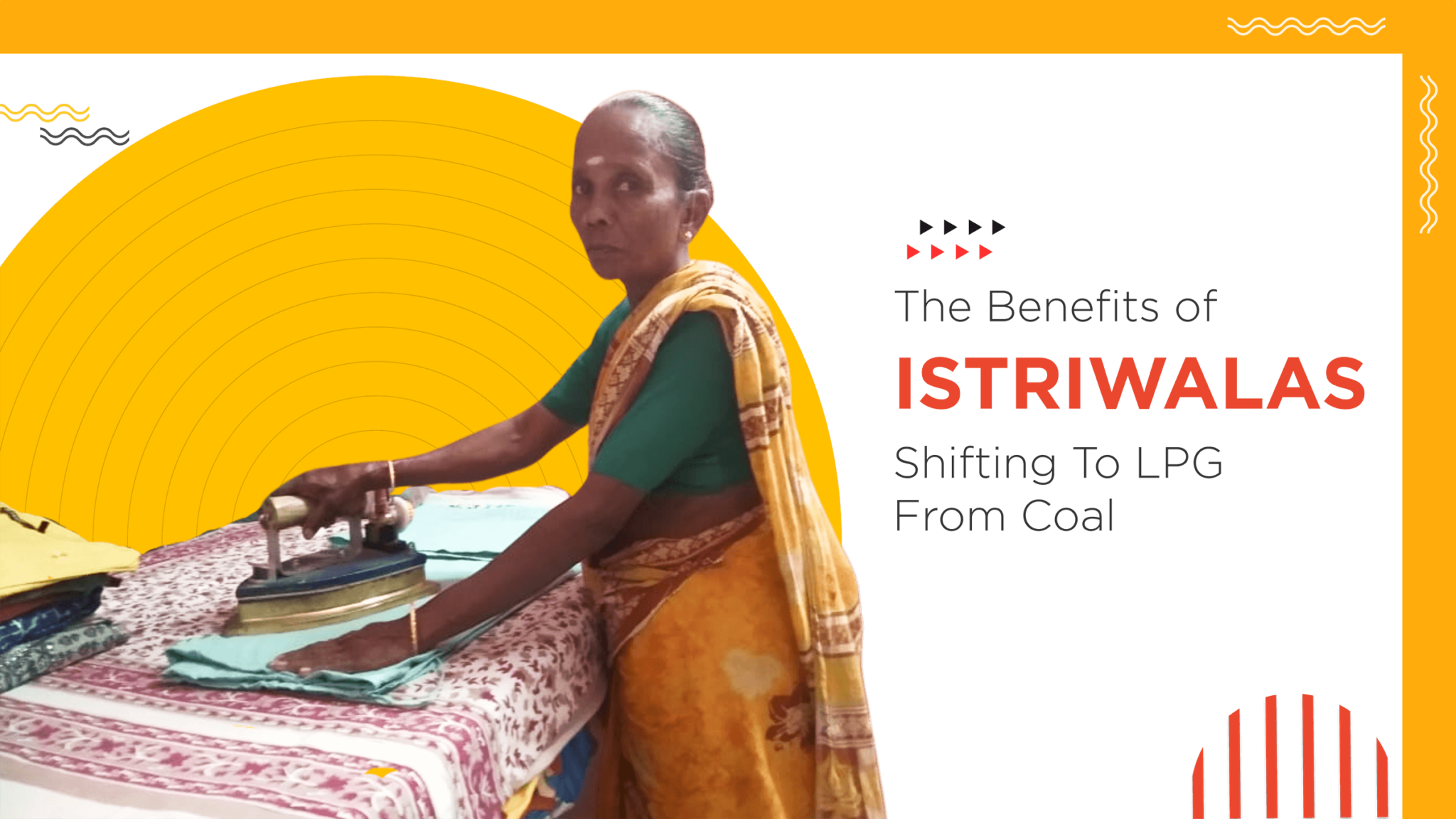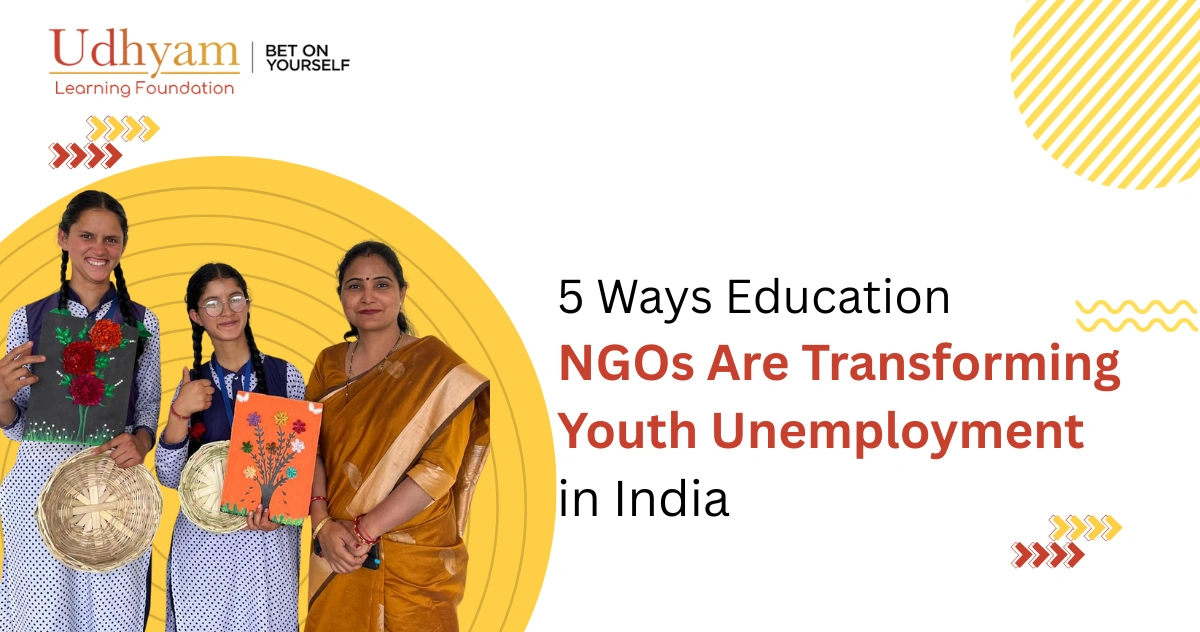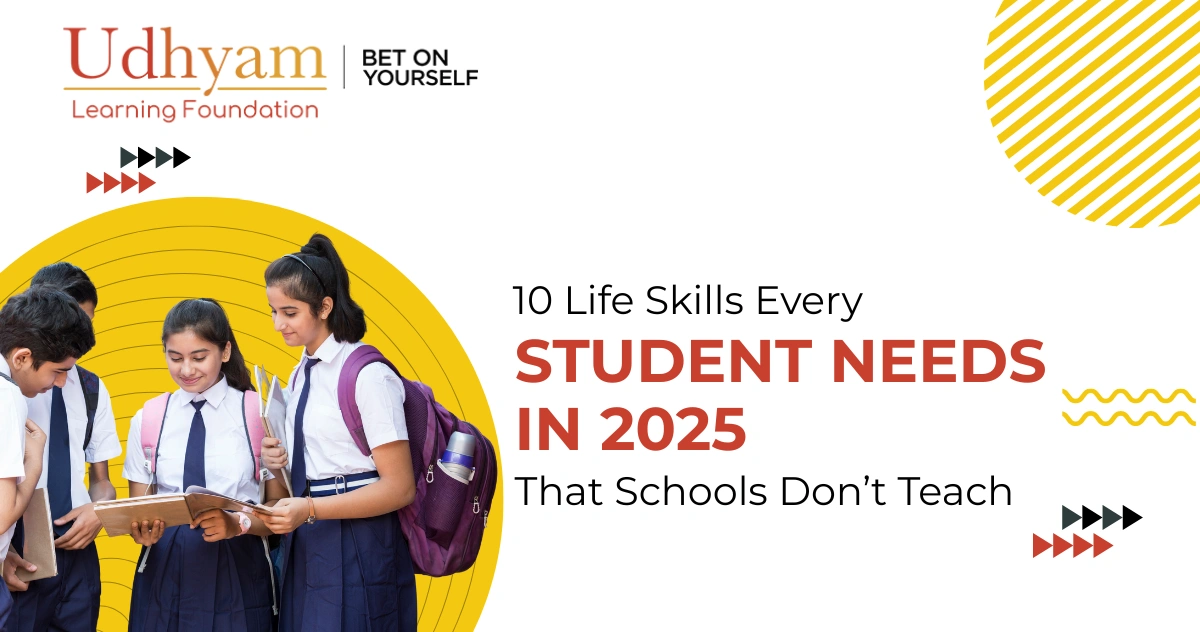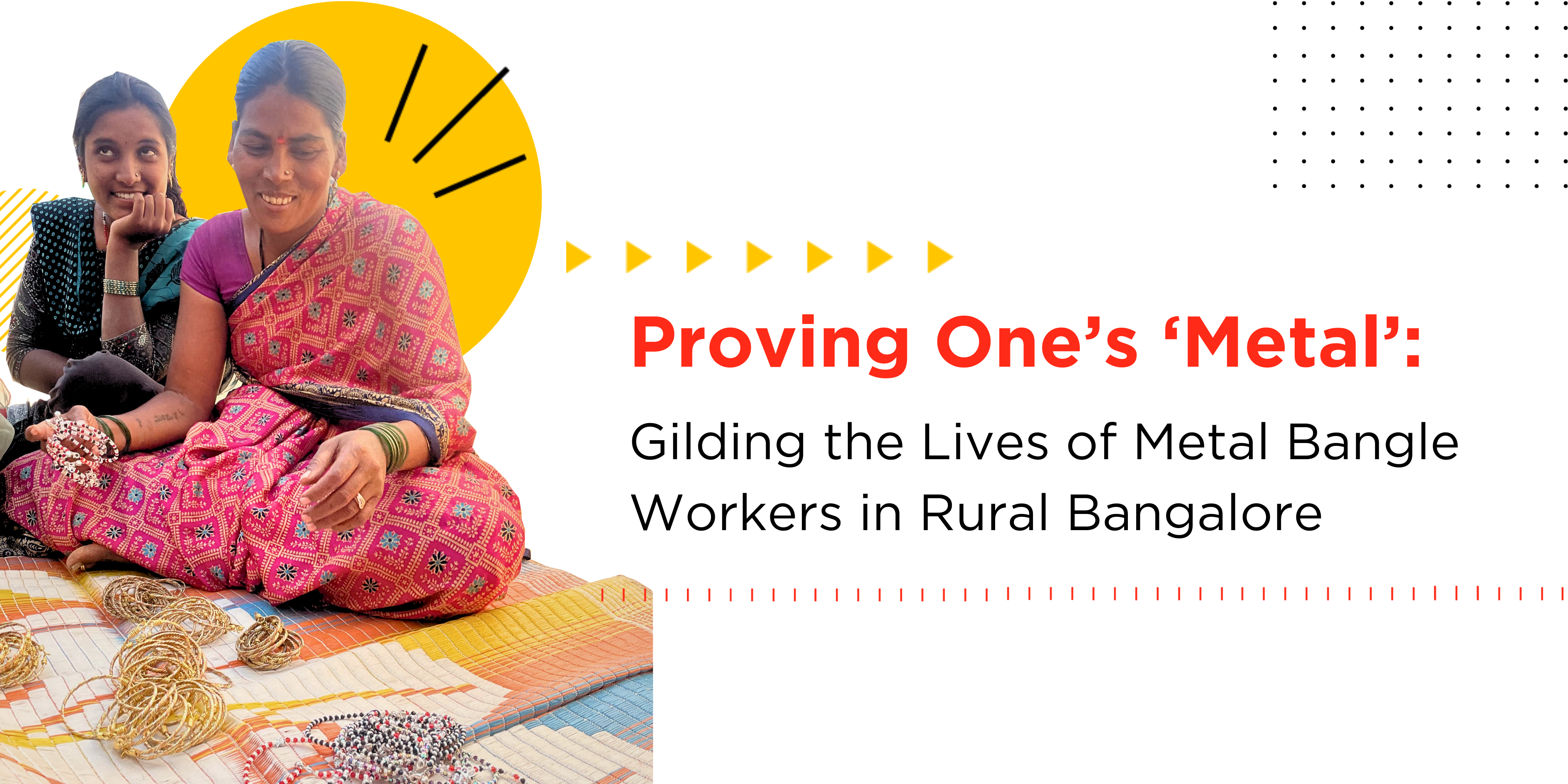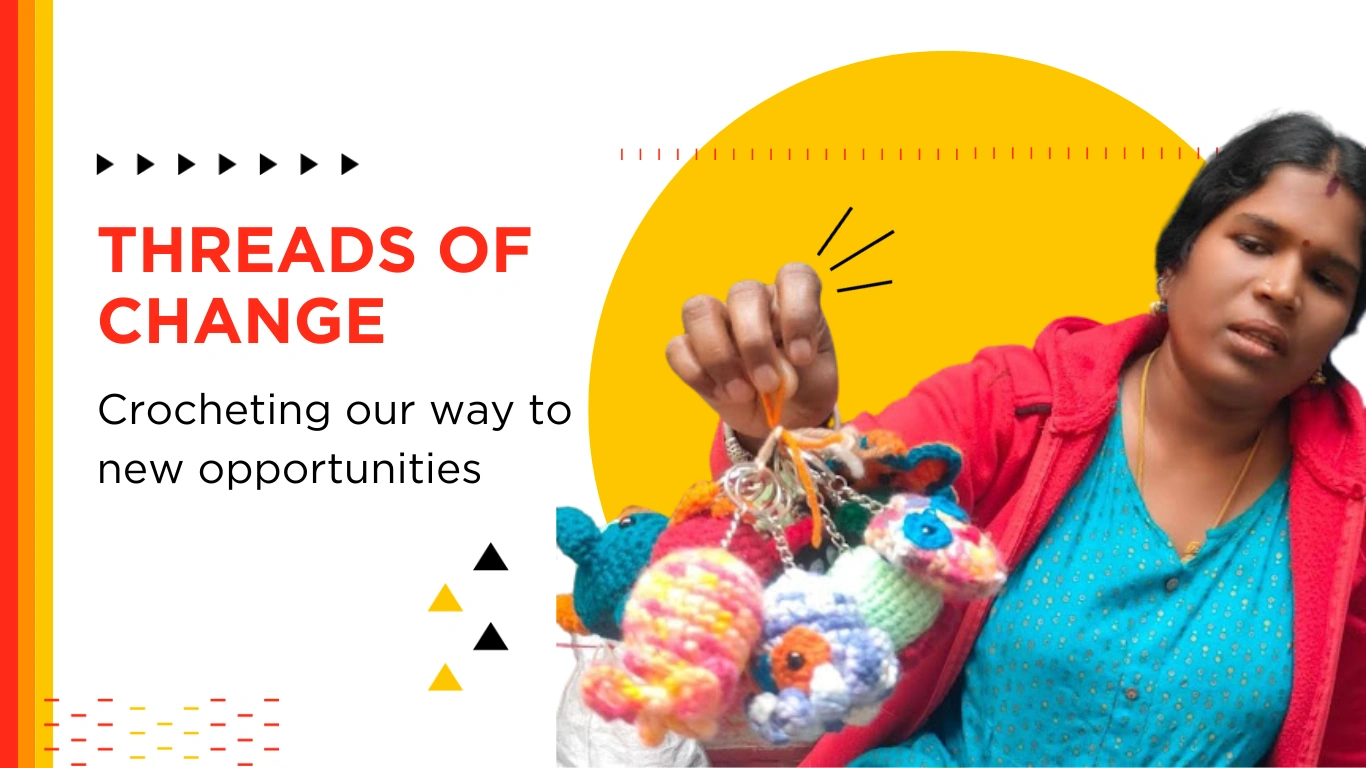Written by Shruti Anand, Specialist – Marketing & Communications at Udhyam Learning Foundation
It is in the quiet lanes of residential neighbourhoods in India’s cities and towns that the istriwala marks his presence. Often standing under the shade of a tree or in a sparse shop, the istriwala wields his iron ;box, carefully smoothing out the creases in our clothes, ensuring we look our very best.
An integral part of India’s informal economy (according to the ILO, over 80% of non-agricultural employment is informal), the istriwalas or ironers perform a valuable service that eases the burden of the busy office-goers or the overworked homemaker.
They are also representative of India’s tryst with entrepreneurship -where scores of Indians continually try to identify and fulfill a gap in the market by offering services that often require little investment.
This is particularly true after India opened up its economy to liberalisation in the early 90s, when it turned its focus away from agriculture to meet the needs of the global market, thus, creating new job opportunities in urban cities and bustling towns.
Instruments Of Work
In 2019, Udhyam Foundation wanting to expand the scope of its commitment to promoting entrepreneurship in India set its sights on addressing the challenges faced by low-income entrepreneurs. Udhyam’s Vyapaari (meaning, entrepreneur) initiative particularly focuses on those earning between INR 5,000 – INR 25,000 a month and aims at promoting entrepreneurship and increasing earnings.
During its field research, a conversation between the Udhyam team and an istriwala stationed right outside their office, in Bangalore, led to the birth of the Istri Project. After that initial conversation, Udhyam went on to interview thousands of istriwalas across the city and other geographies to identify the bottlenecks they faced in their entrepreneurial journey.
Traditionally, istriwalas have used the heavy iron box as their instrument of work. The hefty box has to be filled with hot coal and then the heat has to be cautiously applied to clothes. These entrepreneurs prefer coal to electricity since it curbs costs, is portable and can be relied upon in a country where continuous access to electricity is still a dream for most.
However, the coal box is not without its limitations. The coal itself is cost-heavy, especially in recent years. The price of the fuel source has increased substantially leaving a dent in earnings for low-income entrepreneurs.
Additionally, vyapaaris reported that the coal took time to heat up to the right temperature and needed to be continuously fanned, decreasing productivity. If too hot, the iron box ends up burning clothes resulting in a loss of income and loading facing with customers. The iron box, costing a few thousand rupees, lasts only for a year or so, forcing the entrepreneur to invest in a new box at least once a year.
There is also a long-term impact on health. Continuous use of the heavy box renders the istriwala with enduring pain in the hands, shoulders and back. And prolonged exposure to coal adversely affects the lungs causing breathing problems and contributing to healthcare expenses that, again, deplete income and savings.
I for Istri, I for Innovation
After thoroughly studying the market and exploring a variety of solutions, Udhyam zeroed in on the LPG-powered iron boxes as a reliable solution to addressing many of the bottlenecks faced by istriwalas while also allowing them to increase income and productivity.
The Foundations piloted the Istri Project in Bangalore before taking the initiative to Chennai and Hyderabad. Since the start of the project, Udhyam has supported over 5,300 entrepreneurs to make the switch from coal boxes. This has meant that the Foundation’s project teams have extensively been involved in:
Accelerating Demand: Working with governments, funding partners and worker-representative organisations to incentivise adoption, enable subsidies, drive conversion and create awareness about the product.
Transforming the Market: Working with manufacturers to increase the number of boxes produced, encouraging retailers to stock more, and urging financers to provide subsidised loans. At this stage, Udhyam also created marketing channels and established after-sales service points.
Enable Sustenance
As adoption accelerated, Udhyam worked to strengthen after-sales services, measured organic adoption and also created awareness of the results.
The impact of this switch has been astonishing. In a study led by Azim Premji University, it was found that istriwalas are now, on average, able to iron 29 additional items of clothing – a 23.3% increase in productivity. Increase in productivity was also attributed to the box taking only two minutes to heat up instead of two hours. Higher productivity has also resulted in a higher income – with a 30% increase in earnings.
Overall, there has been a 25 crore income uplift, annually, and also 38 lakh productive hours have been made possible. There has also been an undeniable positive impact on climate as the switch has meant that 2.4 kilo-tonnes of coal have been reduced from the ecosystem on an annual basis.
After seeing incredible success in South Indian cities, the Istri Project is set to power up business for istriwalas across India in the coming years. By ushering in modern technology into an age-old business, Udhyam is sure that armed with LPG boxes istriwalas, in every nook and corner of the country, will finally press for change!

